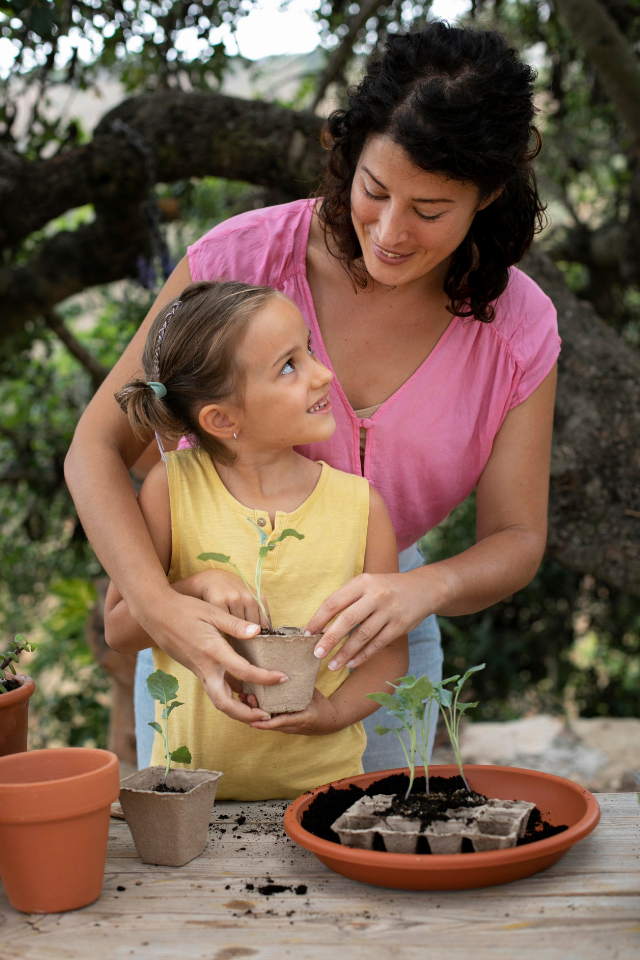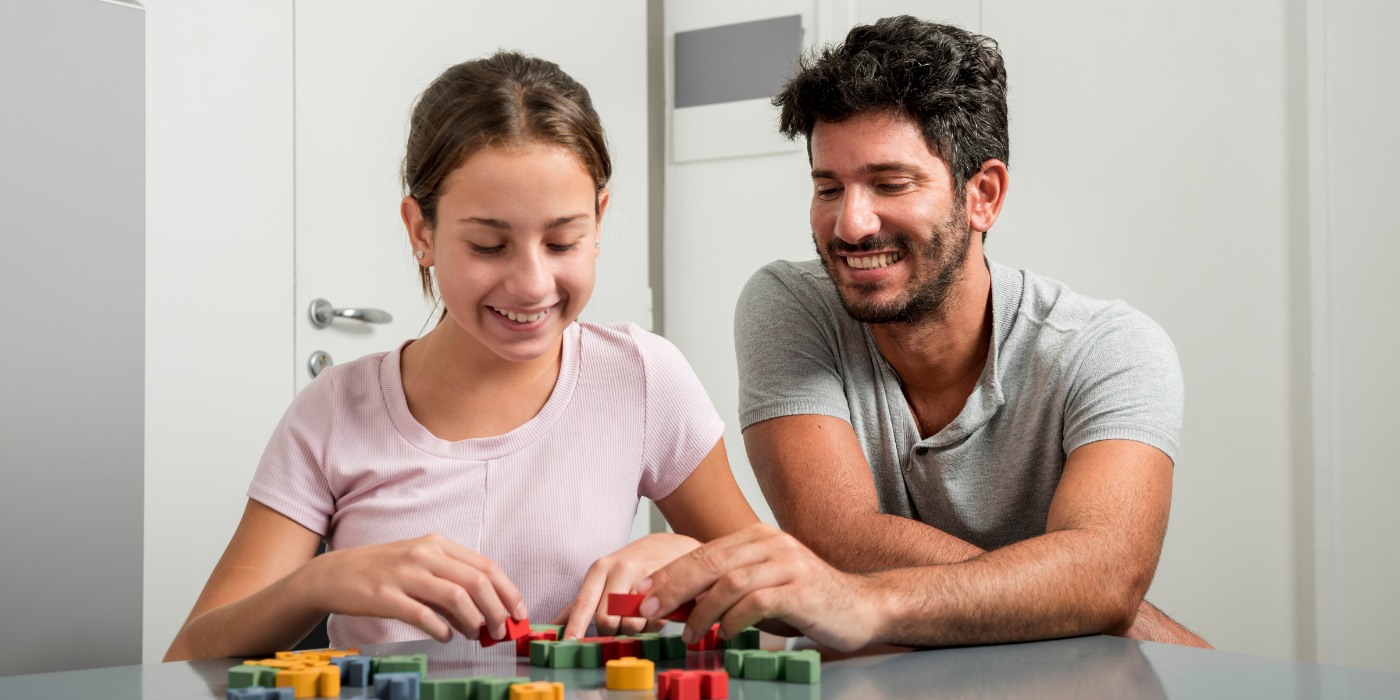As parents, we often find ourselves juggling multiple responsibilities, from work commitments to household chores. Amidst the hustle and bustle, it’s easy to overlook the profound impact that everyday tasks can have on our children’s development. However, these seemingly mundane activities offer more than just assistance around the house—they play a crucial role in shaping our children’s focus, creativity, and overall well-being.
The Power of Everyday Tasks in Child Development
Everyday tasks, such as setting the table, sorting laundry, or watering plants, may appear trivial. Yet, these activities provide invaluable opportunities for children to develop essential life skills. Engaging in these tasks helps children cultivate:
- Focus and Attention: Completing tasks requires concentration and attention to detail, skills that are transferable to academic and social settings.
- Creativity and Problem-Solving: Many household tasks present challenges that require creative solutions, fostering innovative thinking.
- Emotional Well-being: Successfully completing tasks boosts self-esteem and provides a sense of accomplishment.



Everyday Tasks That Teach Big Lessons
Now, let’s take a closer look at some everyday tasks and the valuable lessons your child can learn from them:
1. Setting the Table
Assigning your child the responsibility of setting the table teaches:
- Responsibility: Understanding that their actions contribute to the family’s well-being.
- Time awareness: Developing the ability to accomplish tasks within a set period.
- Teamwork:Working together as a family to accomplish a shared task.
2. Sorting Laundry
When kids sort laundry by color or category, they build valuable skills:
- Categorization Skills: Enhancing their ability to classify and organize.
- Attention to Detail: Recognizing the importance of precision in tasks.
- Independence: Gaining confidence in managing personal belongings.
3. Watering Plants
Caring for plants instills:
- Empathy: Understanding the needs of living organisms.
- Routine Building: Establishing consistent habits.
- Patience: Observing the gradual growth and changes in plants.
4. Cleaning Their Room
When children take charge of cleaning their space, they develop:
- Organization: Developing systems to maintain order.
- Self-Discipline: Committing to regular cleaning routines.
- Sense of Achievement: Feeling proud of maintaining their own space.
5. Assisting in Meal Preparation
Involving children in meal prep fosters:
- Life Skills: Learning basic cooking techniques.
- Health Awareness: Understanding the importance of nutrition.
- Cultural Appreciation: Exploring diverse cuisines and traditions.
Cognitive and Emotional Benefits
Engaging in everyday tasks offers numerous cognitive and emotional benefits:
- Enhanced Executive Functioning: Tasks like sorting and organizing improve planning, decision-making, and problem-solving skills.
- Boosted Self-Confidence: Completing tasks gives children a feeling of accomplishment and enhances their self-worth.
- Better Emotional Regulation: Managing responsibilities helps children learn to cope with stress and frustration.
Encouraging Participation in Everyday Tasks
To foster a positive attitude towards everyday tasks:
- Start Early: Introduce simple tasks at a young age to build confidence.
- Provide Clear Instructions: Ensure your child understands the task and its purpose.
- Offer Praise and Encouragement: Acknowledge their efforts and celebrate successes.
- Make It Fun: Turn tasks into games or challenges to maintain engagement.
Conclusion: Little Hands, Big Impact
Incorporating everyday tasks into your child’s routine is more than just a way to get things done—it’s an investment in their future.By engaging in these activities, children gain essential life skills that boost concentration, creativity, and emotional balance. By encouraging your child to participate in household tasks, you’re not only lightening your load but also providing them with the tools they need to thrive.
So, the next time your child offers to help with the dishes or tidy up their room, embrace the opportunity. Remember, little hands can teach big lessons.







